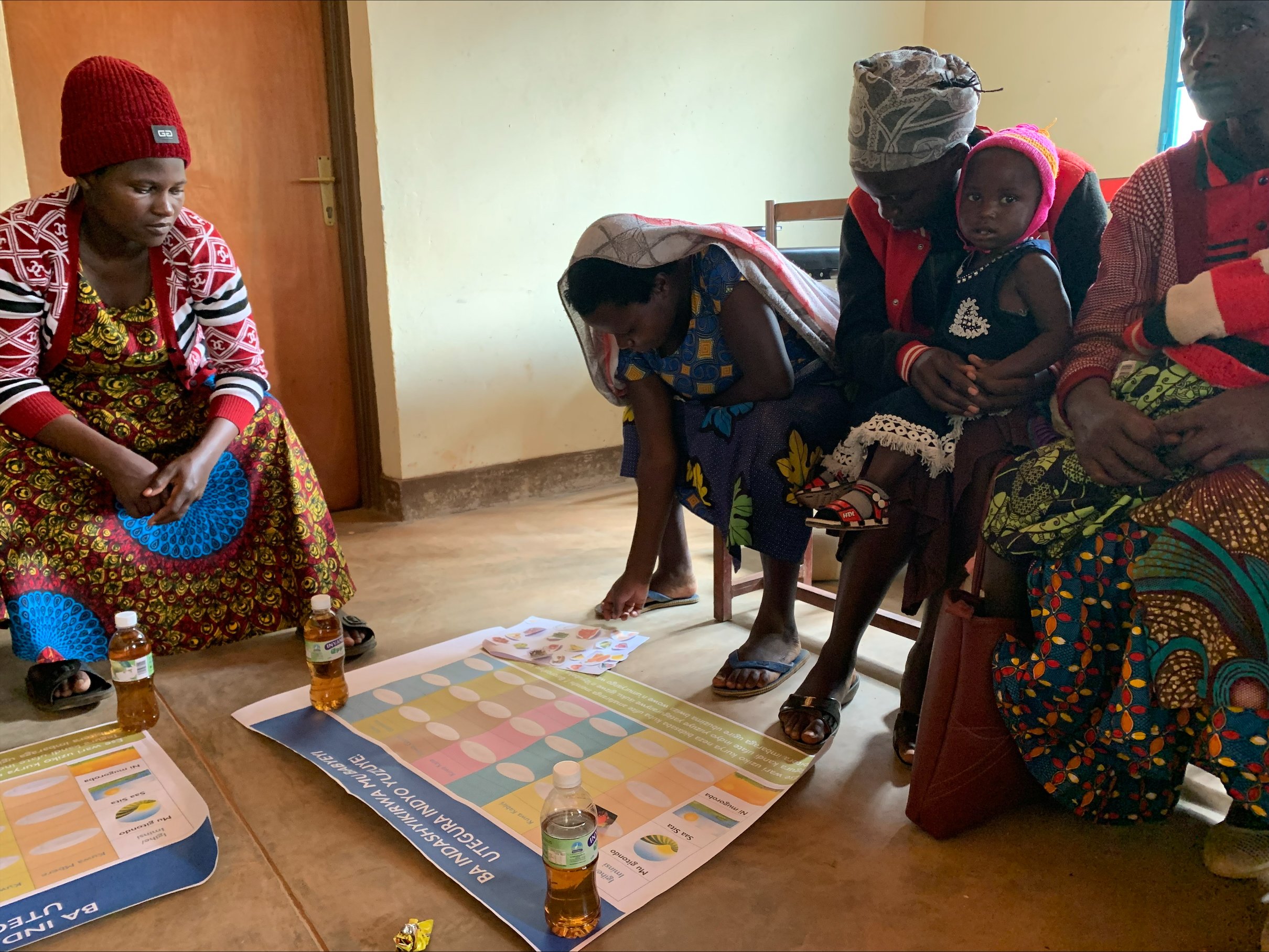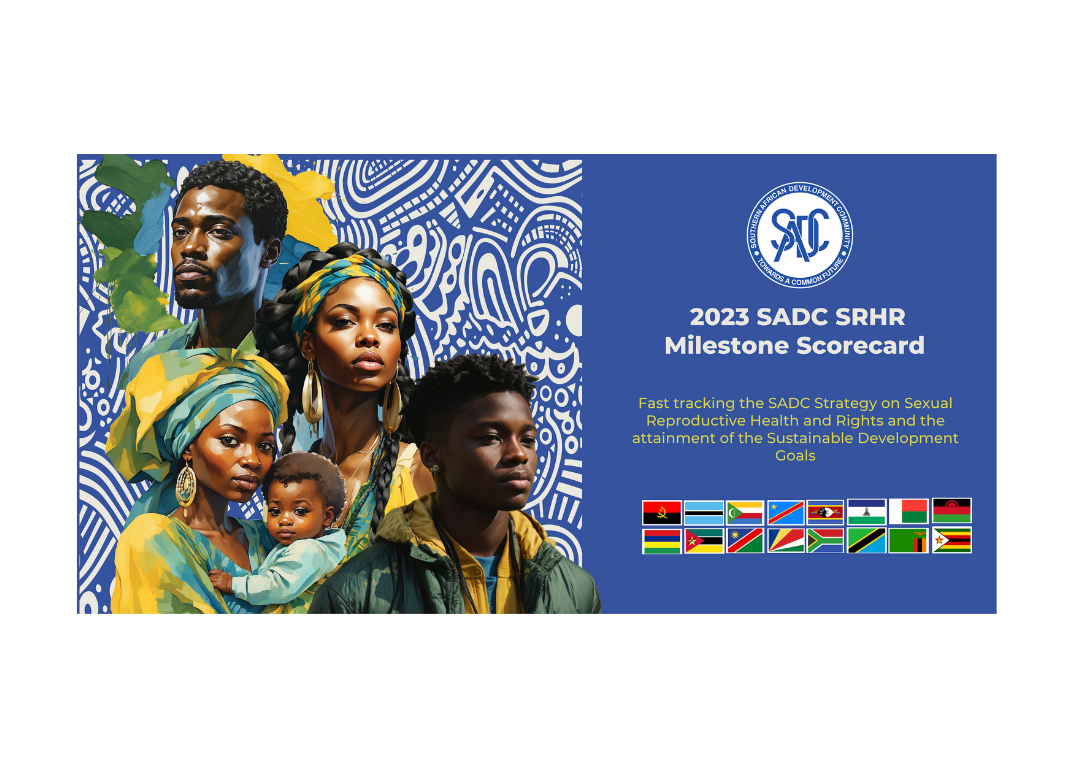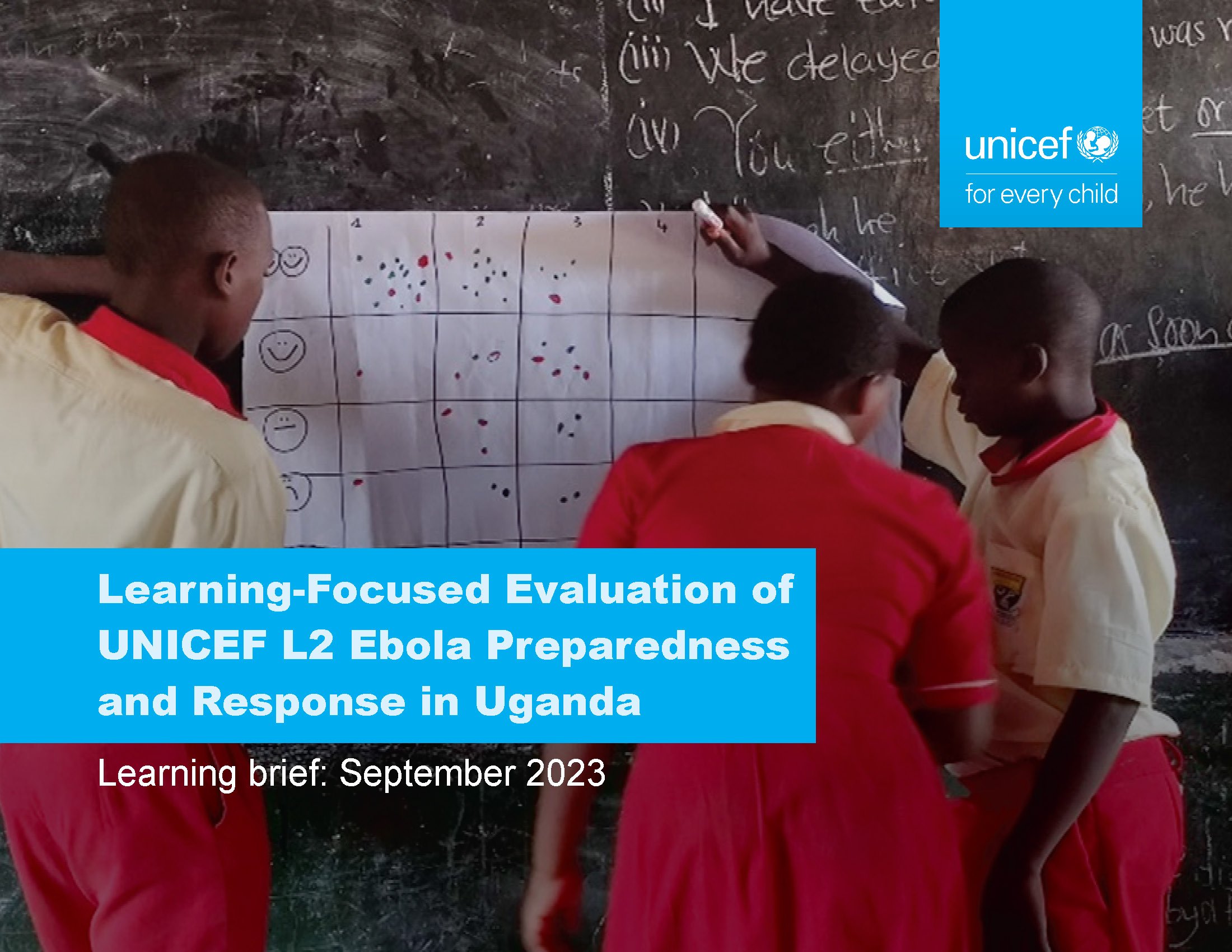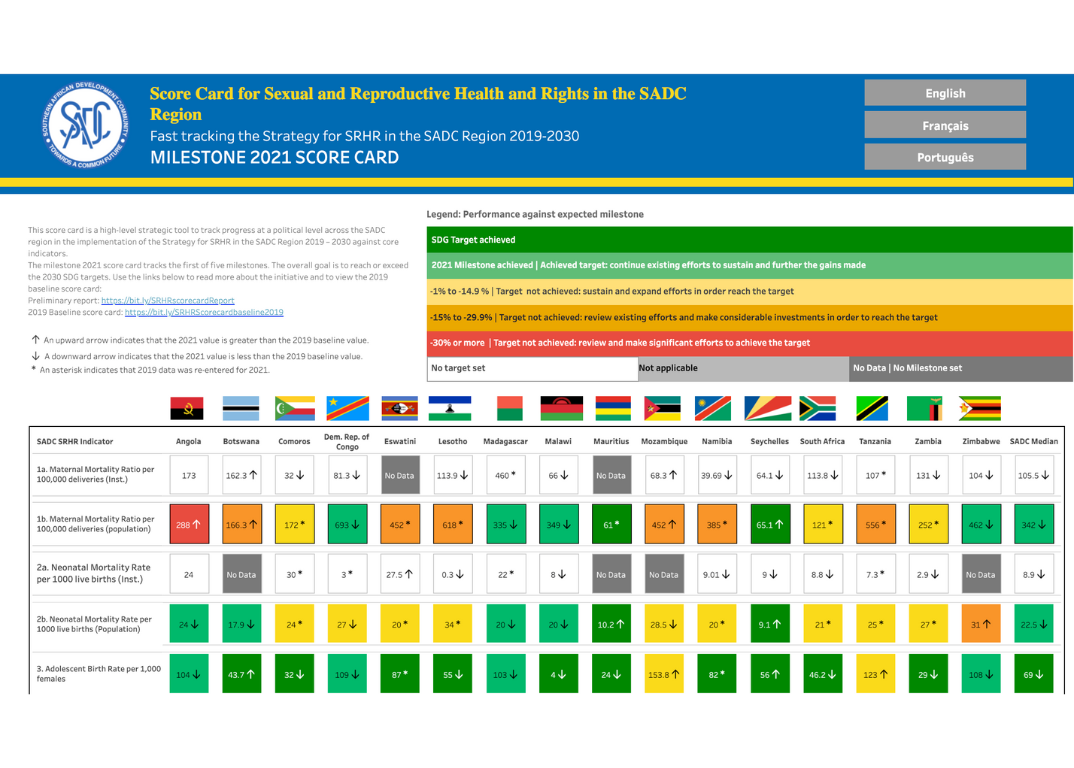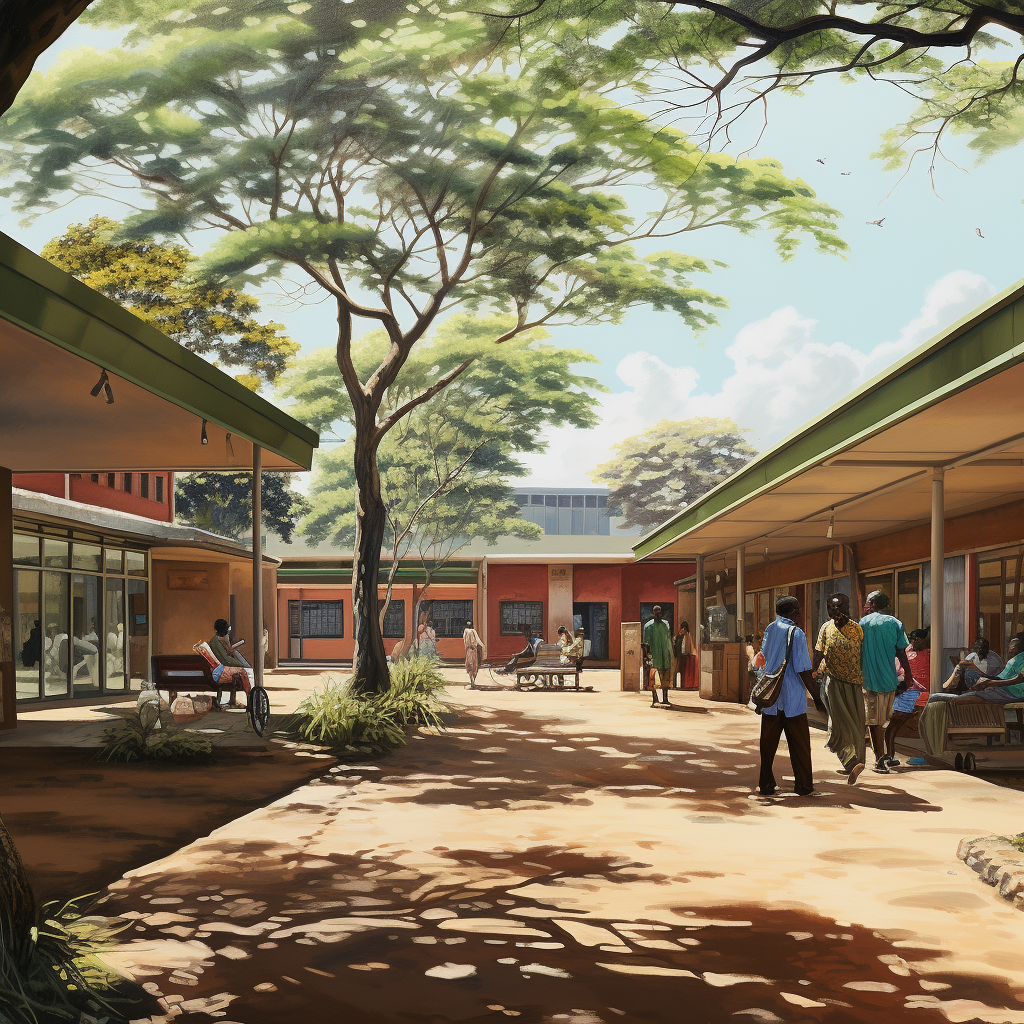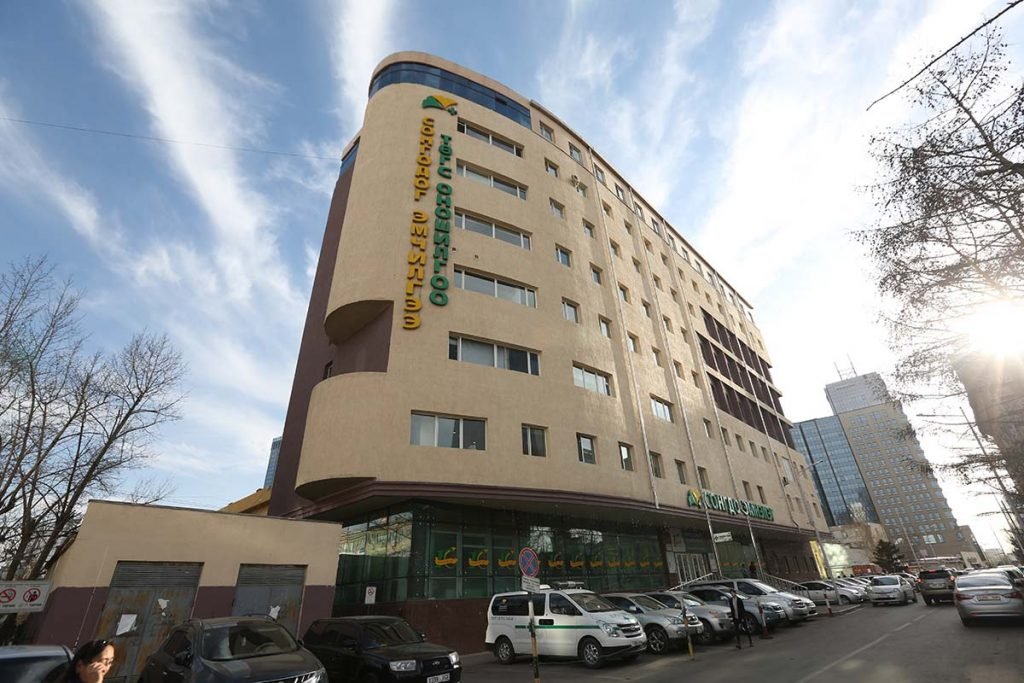
Mrs. Evangéline Kayitesi, Sociologist (2003), Master in Public Health (2009)
Her main task is giving support to the Director; she takes care of the practical organisation of the missions, the administrative follow-up of the consultancies, the standard quality check and editing of reports, the preparation of tender dossiers, etc.
Previously, she has worked as a project manager and an analyst in a health Consultancy Company in Belgium for one year and for 2 years in Rwanda as a technical assistant for a health program at the German International Cooperation.
From 2003 to 2005, she worked as an office manager at the Luxemburg Cooperation in Rwanda.
Evangéline is engaged in activities to improve women's health and has contributed to organising the 11th International Women's Health Meeting which was held in Brussels in November 2011.
Related Stories
In 2023, hera was contracted to develop and test social and behaviour change communication tools and strategies to enhance community awareness and participation in MNASRH services in Rwanda.
The 2nd Milestone Scorecard presents an important roadmap for future action. The insights provided in this data collection round show what’s working and provides crucial insights for shaping policies and health strategies, guiding us towards a future where sexual and reproductive health rights and services are accessible and upheld for all
Explore hera's comprehensive, learning-focused evaluation of UNICEF's response to the 2022-2023 Ebola crisis in Uganda. Learn how the evaluation aims to inform future public health strategies
UNICEF's Level 2 (L2) emergency response was carried out in collaboration with the National Bureau of Risk and Disaster Management and focused on 10 districts in three priority regions in the South of Madagascar. A hera team was selected to evaluate the L2 response with a dual objective of learning and accountability.
hera was tasked with evaluating the mid-term progress on the Agence Française de Développement’s (AFD) "Demographic Dynamics in Africa" roadmap. The team assessed various departments like education, health, and governance to understand AFD's contributions to public policy and development results. The evaluation provided insights for a future cross-cutting intervention framework and recommendations to improve future efforts. It also offered a valuable self-reflection for AFD, showcasing their achievements, historical integration of demographics, and areas for improvement.
The SRHR SADC Scorecard is a high-level peer review accountability tool to track progress of the Region in achieving the SADC Regional Strategy for SRHR 2019-2030 and the SRHR targets of the Sustainable Development Goals. It consists of 20 key indicators to track progress in meeting the 10 outcomes of the strategy. Member States are to report every two years on progress made against the SADC Scorecard.
A team from hera undertook a mission to evaluate a Results-Based Financing (RBF) pilot program for UNFPA family planning supplies. Their tasks involved verifying reported results through case studies and assessing the program's efficiency, effectiveness, and alignment to principles, providing valuable insights for improving the initiative's impact and promoting collaboration among stakeholders.
hera partner Michèle Kosremelli Asmar is part of the PROMAN consortium implementing the Third-Party Monitoring of the Lebanon Health Programme for Syrian Refugees and Vulnerable Lebanese Population funded by the European Union through the MADAD fund.
Over a span of four years, the hera team worked to improve access to quality healthcare for pregnant women and children under five in Guinea-Bissau.

